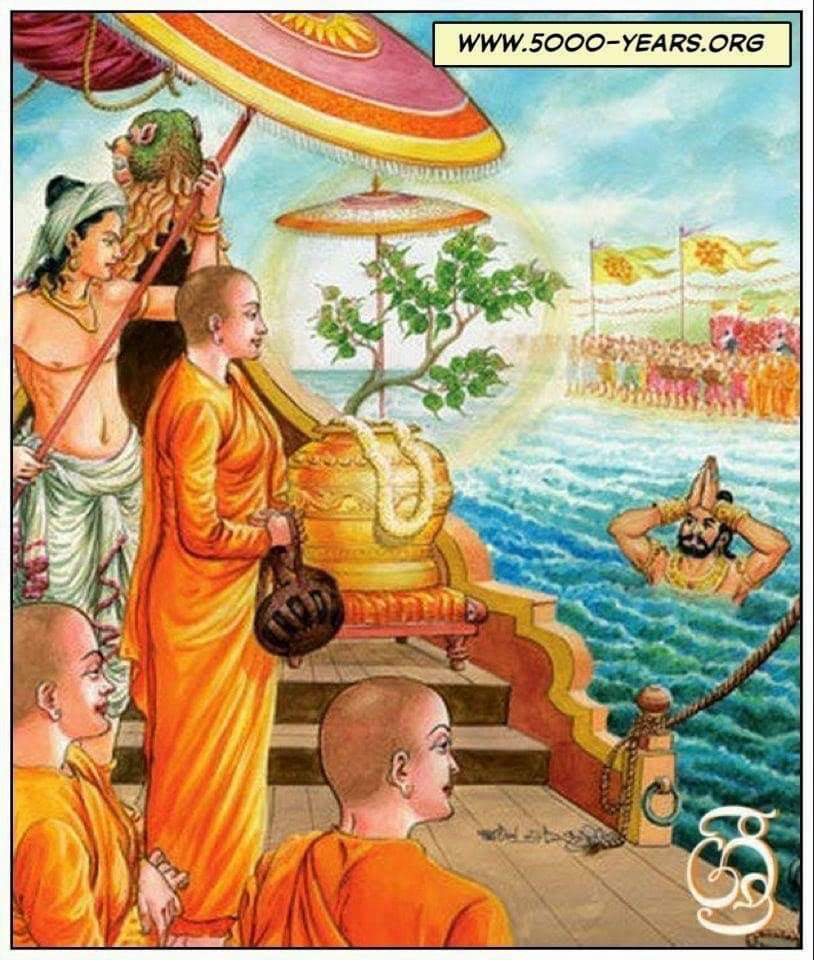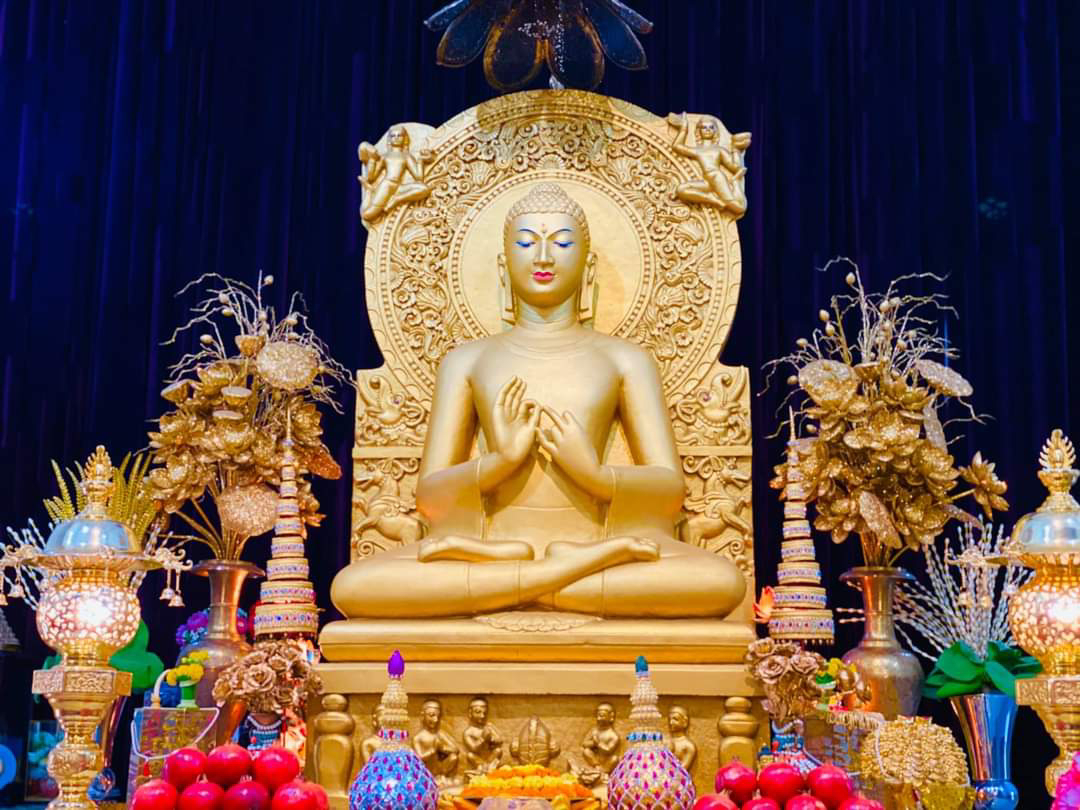The Observation of Body
A. Section on Respiration
And how, monks, does a monk dwell observing body in body? Here a monk, having gone into the forest, or to the foot of a tree, or to an empty room, sits down cross-legged, keeps
his body upright and fixes his
awareness in the area around the mouth. With this awareness, he
breathes in, with this awareness, he breathes out. Breathing in a deep breath, he understands properly:5
“I am breathing in a deep breath.”
Breathing out a deep breath, he understands properly: “I am
breathing out a deep breath.” Breathing in a shallow breath he
understands properly: “I am breathing in a shallow breath.”
Breathing out a shallow breath, he understands properly: “I
am breathing out a shallow breath.” In this way he trains himself: “Feeling the whole body, I shall breathe in.” “Feeling the whole body, I shall breathe out,” thus he trains himself.
“With the bodily activities calmed, I shall breathe in,” thus he trains himself. “With the bodily activities calmed, I shall breathe out,” thus he trains himself. Just as a skilful turner or a turner’s apprentice, while making
a long turn understands properly: “I am making a long turn,” and while making a short turn, understands properly: “I am making a short turn,” just so, the monk, breathing in a
deep breath, understands properly: “I am breathing in a deep breath.” Breathing out a deep breath, he understands properly: “I am breathing out a deep breath.” Breathing in a shallow breath, he understands properly: “I am breathing in a shallow breath.” Breathing out a shallow breath, he understands properly: “I am breathing out a shallow breath.” In this way he trains himself: “Feeling the whole body, I shall breathe in.”
“Feeling the whole body, I shall breathe out,” thus he trains himself. “With the bodily activities calmed, I shall breathe in,” thus he trains himself. “With the bodily activities calmed, I shall breathe out,” thus he trains himself. Thus, he dwells observing body in body internally, or
he dwells observing body in body externally, or he dwells
observing body in body both internally and externally. Thus he dwells observing the phenomenon of arising in the body, thus he dwells observing the phenomenon of passing away in the body, thus he dwells observing the phenomenon of arising and passing away in the body. Now his awareness is established: “This is body!” Thus he develops his awareness
to such an extent that there is mere understanding along with mere awareness. In this way he dwells detached, without clinging towards anything in the world [of mind and matter]. This is how, monks, a monk dwells observing body in body.
B. Section on Postures
Again, monks, a monk while he is walking, understands
properly: “I am walking”; while he is standing, he understands
properly: “I am standing”; while he is sitting, he understands
properly: “I am sitting”; while he is lying down, he understands
properly: “I am lying down.” In whichever position he disposes
his body, he understands it properly.10
Thus he dwells observing body in body internally, or
he dwells observing body in body externally, or he dwells
observing body in body both internally and externally. Thus
he dwells observing the phenomenon of arising in the body,
thus he dwells observing the phenomenon of passing away
in the body, thus he dwells observing the phenomenon of
arising and passing away in the body. Now his awareness is
established: “This is body!” Thus he develops his awareness
to such an extent that there is mere understanding along
with mere awareness. In this way he dwells detached, without
clinging towards anything in the world [of mind and matter].
This is how, monks, a monk dwells observing body in body.
C. Section on Constant Thorough Understanding of
Impermanence
Again, monks, a monk, while going forward or backward,
he does so with constant thorough understanding of
impermanence; whether he is looking straight ahead or looking
sideways, he does so with constant thorough understanding
of impermanence; while he is bending or stretching, he does
so with constant thorough understanding of impermanence;
whether wearing his robes or carrying his bowl, he does so
with constant thorough understanding of impermanence;
whether he is eating, drinking, chewing or savouring, he does
so with constant thorough understanding of impermanence;
while attending to the calls of nature, he does so with constant
thorough understanding of impermanence; whether he is
walking, standing, sitting, sleeping or waking, speaking or in
silence, he does so with constant thorough understanding of
impermanence.
Thus he dwells observing body in body internally, or
he dwells observing body in body externally, or he dwells
observing body in body both internally and externally. Thus
he dwells observing the phenomenon of arising in the body,
thus he dwells observing the phenomenon of passing away
in the body, thus he dwells observing the phenomenon of
arising and passing away in the body. Now his awareness is
established: “This is body!” Thus he develops his awareness
to such an extent that there is mere understanding along
with mere awareness. In this way he dwells detached, without
clinging towards anything in the world [of mind and matter].
This is how, monks, a monk dwells observing body in body.




Comments
Post a Comment